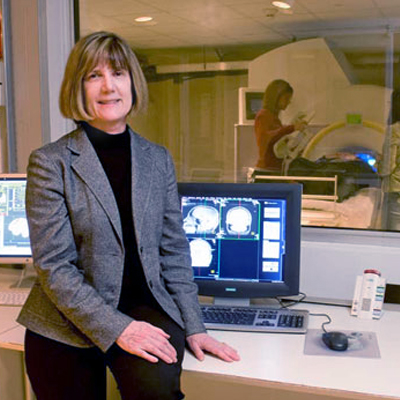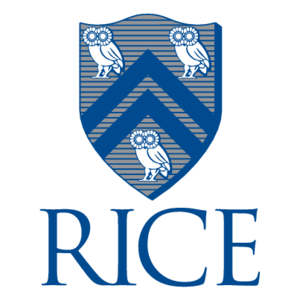Developing treatment methods to facilitate recovery for patients with stroke and dementia
Strokes are the leading cause of serious, long-term disability in the US with approximately 795,000 people suffering from a stroke each year. Thankfully, considerable recovery often occurs, even in individuals with large regions of damage following stroke. However, it is a major challenge to determine how this recovery occurs. Dr. Randi Martin, of Rice University, is motivated to learn and understand how short-term memory and language are organized in the brain. Therefore, she continues her neuropsychological research on brain damaged individuals with stroke or dementia as well as functional neuroimaging studies with healthy individuals to obtain basic knowledge about the mind and brain. In addition, her research is important for shedding light upon how the brain recovers following brain damage, thereby helping to develop treatment methods that could facilitate recovery or prevent degeneration in dementing disorders.
While many researchers now have knowledge of functional neuroimaging, their work is typically not informed by a century of findings from studies of brain damaged individuals. Dr. Martin's team however, represents a rare combination of expertise in basic theory of language and cognitive function coupled with expertise on the neural basis of these functions derived from both studies of brain damaged individuals and from functional neuroimaging. In addition to more basic research, Dr. Martin's work is unique in the direct attempt to facilitate recovery following stroke and in preventing decline in dementia using brain stimulation methods. Furthermore, Dr. Martin's years of experience and her extensive knowledge with both theory and neuropsychological research makes her lab one where students thrive as they learn a unique combination of skills while working with people from many different fields. In short, as both a scientist and a mentor, Dr. Martin's contributions to the community are based upon the deep desire to help bring health to her community and to promote rigorous science for generations to come.
Current research includes:
-
Stroke and Language Functions: Dr. Martin's team examines individuals within 72 hours of stroke and then follows up at one month, six months, and one year. From the acute data, Dr. Martin wishes to determine the brain regions underlying cognitive and language functions prior to the time at which any reorganizing of function in the brain may have occurred. Longitudinal data helps determine what behavioral and neural factors, measured acutely, can predict the type and degree of recovery and whether brain regions come to subserve any recovered functions.
-
Enhancing Learning: Dr. Martin is using transcranial direct current stimulation (tdcs) as an adjunct to a behavioral treatment. She and her team are examining whether treatment of a basic cognitive function of inhibiting irrelevant information in memory leads to improvements in language function that is thought to depend on that ability.
-
Semantic Dementia: Dr. Martin plans to use tdcs as an adjunct to treatment of the knowledge of word meanings in individuals with semantic dementia. She and her team hope to clarify how tdcs improve neural function. Dr Martin and her team are the first to look at neurostimulation's effect on progressive loss of memory and language. Her prediction, that neurostimulation may slow the decline of dementia, could make such a treatment life-altering for the many patients and their families affected by dementia.
Bio
As an undergraduate at the University of Oregon, Dr. Martin started out as a math and natural sciences major. However, she quickly became intrigued with the possibility of studying the human mind scientifically. This interest arose in the beginning because of the influence of a professor in English who taught a course on film as literature. He pointed out to his students that the perception of movement in a film was an illusion. In fact, he said, you are seeing a series of still photos which are presented at a fast enough rate that the mind sees them as depicting continuous movement. This professor also greatly admired Noam Chomsky and talked about the laws of grammar that he had uncovered. Her professor's enthusiasm led her to take psychology courses which dealt with perception, memory, and language. In graduate school, Dr. Martin was introduced to the dramatic impairments in individuals with brain damage to specific aspects of language and preservation of others. As a Professor, Dr. Martin continues to be motivated by her initial curiosities as she researches the effects of brain stimulation in conjunction with behavioral treatment in the hopes that she might help to facilitate recovery from stroke and prevent declines due to dementia.
In her free time, aside from research, Dr. Martin enjoys ballroom dancing with her husband. What initially began as swing dance lessons has developed into tango, waltz, foxtrot, two-step, and more. She also enjoys reading mystery novels and skiing.
Website: http://rmartin.web.rice.edu
In the News
Publications
Awards
Elected to Governing Board for Psychology Section , 2015-2018
American Association for the Advancement of Science
Chair of the Governing Board, Academy of Aphasia, 2012 - 2014
Invited Keynote Address, 2011
European Society of Cognitive Psychology


